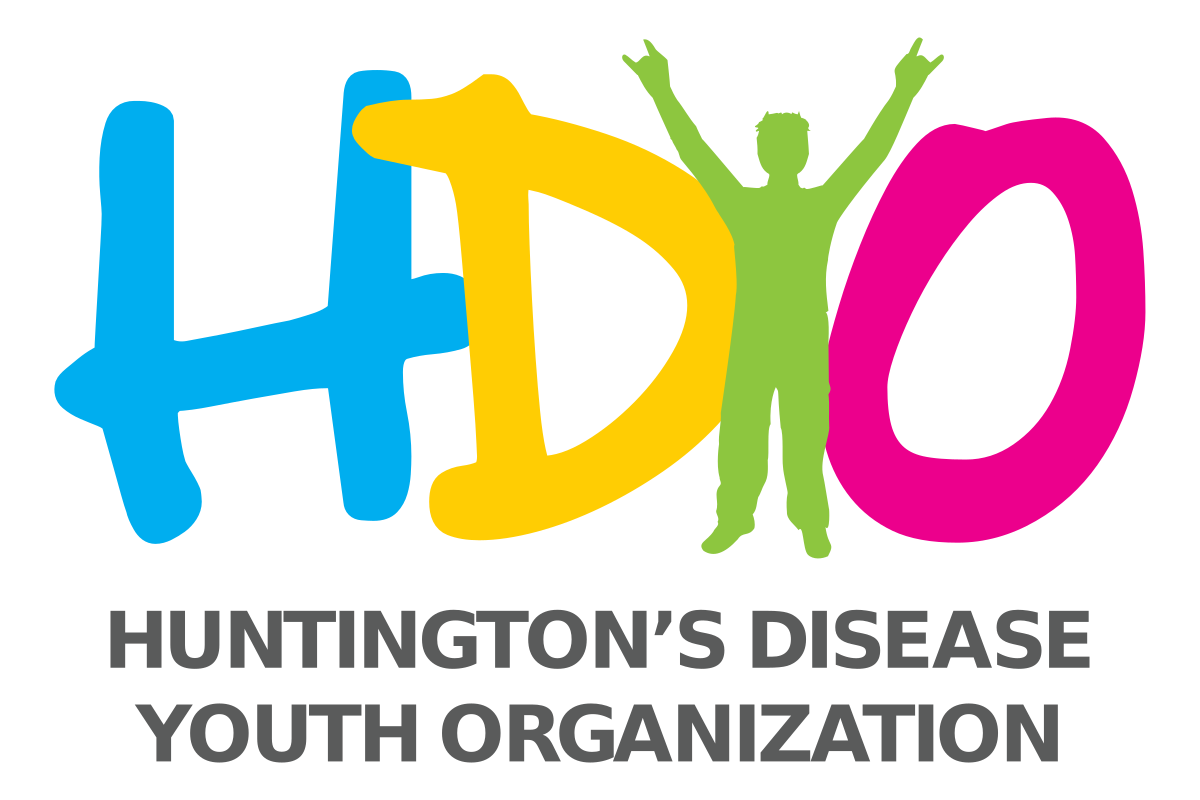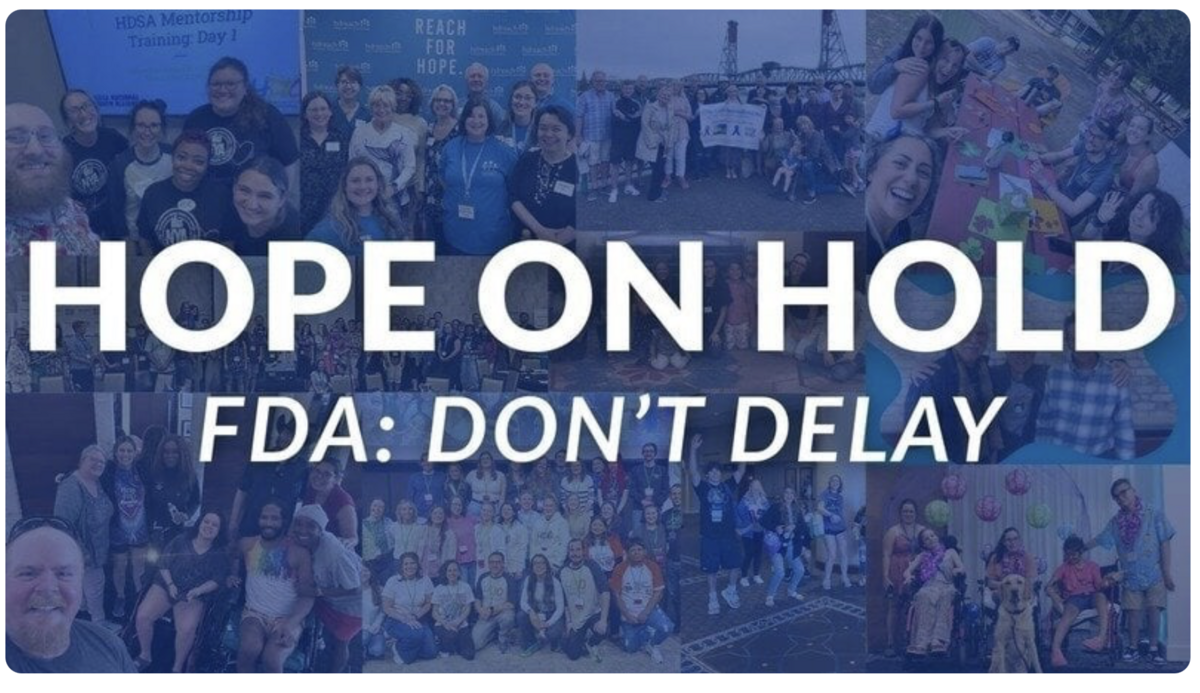Using Empathy
July 15, 2024

HDYO has more information about HD available for young people, parents and professionals on our site:
www.hdyo.org
*Reviewed by Education and Research Committees 2024
As professionals working with young people impacted by Huntington’s Disease (HD), it is important we validate and recognize their feelings and express compassion, to relate to their situations. Using empathy is not just a skill, but a necessary tool to connect with young people. In this article, we explore the topic of empathy by discussing the importance of using empathy in our field and providing practical tips for professionals to enhance this skill in our work.
What Is Empathy And Types Of Empathy
Empathy is the ability to recognize, validate, and share the feelings of another person. It involves recognizing and resonating with someone else's emotions, perspectives and experiences. There are several types of empathy:
Cognitive Empathy: This involves validating and recognizing another person's emotions intellectually, without necessarily experiencing those emotions oneself.
Emotional Empathy: Emotional empathy is the capacity to physically feel and share the emotions of others. It involves a visceral response to someone else's feelings, often leading to a shared emotional experience.
Compassionate Empathy: Also known as empathic concern, compassionate empathy goes beyond understanding and sharing emotions. It involves taking action to alleviate another person's suffering or distress.
Learning these different forms of empathy is essential for professionals working with young people impacted by HD. It allows them to tailor their approach based on the individual needs and emotional states of their clients. Also, it is important to note that working with young people is a unique experience. You may need to customize and individualize your approach, based on where the young person is in their HD journey, as well as in their general life stages . A one-size-fits-all approach may not work with young people impacted by HD.
The video captures the emotional and practical challenges faced by young people caring for family members with Huntington's Disease - Let's listen to their stories!Importance For Professionals In Using Empathy
Empathy plays a crucial role in supporting young people affected by Huntington’s Disease for the following reasons:
Building Trust: Young people impacted by HD may feel isolated, scared, or misunderstood. By demonstrating empathy, professionals can create a safe and trusting environment, where young people feel comfortable expressing their emotions and concerns.
Providing Emotional Support: HD not only affects physical health but also has significant emotional and psychological implications. Professionals who show empathy can provide much-needed emotional support, validation and understanding to young people navigating the complexities of HD.
Enhancing Communication: Empathy improves communication by helping professionals better understand the perspectives and needs of young people impacted by HD. This enables more effective and empathetic interactions, fostering collaboration and mutual respect.
Reducing Stigma and Isolation: Young people impacted by HD may face stigma and social isolation due to misconceptions about the disease. Professionals who demonstrate empathy can challenge stigma, promote inclusivity and help young people feel accepted and valued for who they are.
Building support systems: Empower young people to build their own support system by providing them with resources and connecting them with other community members and professional partners.
The video highlights the emotional and physical challenges faced by caregivers of individuals affected by Huntington's Disease - Let's learn about the importance of support systems on HD caregivers.Tips For HD Professionals Using Empathy
Being empathetic takes practice. It requires time and effort to refine an empathetic approach in working with young people impacted by HD. Here are some practical tips for professionals to demonstrate empathy:
Listen Actively: Take the time to listen attentively to the young person's concerns, thoughts and feelings without judgment. Validate their emotions and experiences to show that you understand and care.
Empathize Without Sympathizing: While it is essential to empathize with young people, avoid pity or sympathy, as this can undermine their sense of agency and dignity. Instead, validate their experiences and emotions while empowering them to take control of their lives.
Communicate Effectively: Use clear and empathetic communication to convey information, offer support and address concerns. Tailor your communication style to the individual needs and preferences of the young person and encourage open dialogue.
Respect Autonomy: Recognize the young person's autonomy and right to make decisions about their own life and healthcare. Empower them to voice their preferences, goals and priorities and involve them in decision-making processes.
Provide Resources and Support: Offer practical resources, information and referrals to support young people impacted by HD and their families. Connect them with support groups, counseling services and other resources to help them cope with the challenges of HD.
Follow Through with Action Items: List some action items to follow through after meeting with the young people and/or their families impacted by HD. Check with them regularly to see how they are doing and see if they need any additional support.
Give them Space: Provide them with some space to process the information given and reach out later to see if they need further support.
Examples Of Professionals Demonstrating Empathy
Researcher/Genetic Counselor: A young person reaches out to a genetic counselor to say that they want to go through genetic testing. Understanding that this is a complex decision, Dr. Kim is proactive in asking questions that anticipate the client's needs to better understand where they are in their journey. For example, they might ask, "Why have you now decided to talk about genetic testing?" or "What are your feelings about genetic testing?" This proactive approach and open-ended questions demonstrate Dr. Kim's commitment to investigating more into the client's individual needs and concerns.
Let's listen to Marina's genetic testing story - Marina recounts her journey with Huntington's disease, detailing her decision to undergo genetic testing after her mother’s diagnosis.Medical Staff: Dr. Smith, a neurologist, demonstrates empathy by taking the time to explain Huntington’s Disease in age-appropriate language to his young patient, Emma. He listens attentively to her concerns about her parent's symptoms, validating her feelings of fear and uncertainty. Dr. Smith offers resources for support groups and counseling, emphasizing that Emma is not alone in facing these challenges.
Social Workers: Jennifer, a social worker, engages in compassionate empathy when working with a teenager whose father has recently been diagnosed with HD. She creates a safe space for them to express emotions and fears, reassuring that their feelings are valid. Jennifer connects them with peer support groups where they can interact with other young people going through similar experiences. This helps them feel understood and supported. She also checks with the teenager in a few months to see how they are doing and provides further support if needed.
Teachers: Ms. Perry, a high school teacher, demonstrates cognitive empathy by adapting her teaching approach to accommodate her student whose mother has HD. She offers flexibility with deadlines and provides extra academic support when their home life becomes particularly challenging. Ms. Perry also educates their classmates about HD, fostering empathy and understanding among their peers.
Conclusion
In supporting young people impacted by Huntington’s Disease, professionals such as researchers, medical doctors, social workers and teachers play a vital role in providing empathy-driven care and support. By understanding the importance of empathy, recognizing its significance in your practice and implementing empathetic practices in your interactions, HD professionals can create a nurturing environment where young individuals feel understood, supported, and empowered to navigate the challenges of HD with resilience and hope.



